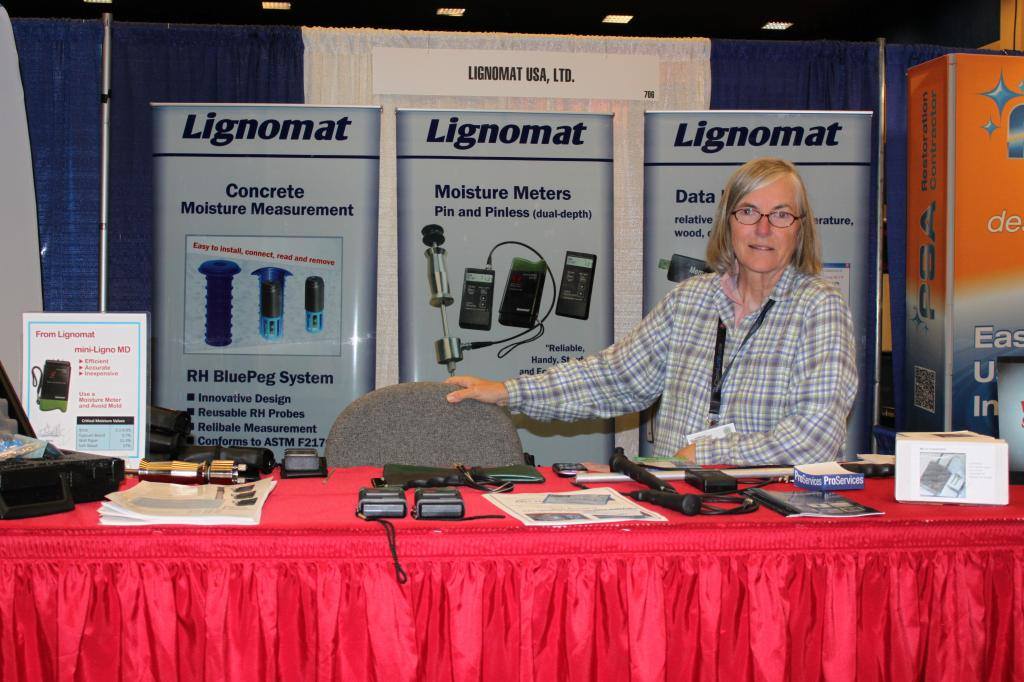Whether you're a DIY enthusiast, a professional contractor, or a homeowner concerned about moisture levels, finding the best moisture meter can make a significant difference. In this guide, we'll explore the ins and outs of this tool, comparing features, performance, and value to help you uncover the best option for your needs.
Understanding Moisture Meters
These handheld devices measure the moisture content of various materials, including wood, drywall, concrete, and more. They work by detecting the electrical conductivity or capacitance of the material, providing instant readings to assess moisture levels accurately. These tools play a vital role in construction, woodworking, and home maintenance by enabling users to identify and address moisture issues promptly. With their ability to detect moisture content in materials like wood, drywall, and concrete, these handheld devices offer a practical solution for preventing structural damage, mould growth, and other moisture-related problems.
Types of Moisture Meters
- Pin-Type Moisture Meters: Pin-type moisture meters penetrate the material's surface with sharp probes to measure moisture content beneath the surface layer. They provide precise readings but may leave small puncture holes in the material.
- Pinless Moisture Meters: Pinless moisture meters use electromagnetic waves to scan the material's surface without causing damage. They are ideal for non-destructive testing and can quickly scan large areas for moisture.
- Hygrometer Moisture Meters: Hygrometer moisture meters measure the relative humidity in the air, providing indirect measurements of moisture levels in materials. They are useful for assessing environmental conditions but may not be as accurate as pin or pinless meters.
Features to Consider
- Accuracy: Look for high-accuracy and precision moisture meters to ensure reliable measurements.
- Measurement Range: Consider the moisture meter's measurement range to ensure it can handle the moisture levels of the materials you'll be testing.
- Display: Choose a moisture meter with a clear and easy-to-read display for quick and convenient readings.
- Additional Features: Some moisture meters may offer built-in temperature and humidity sensors, data logging capabilities, and adjustable alarm settings for high moisture levels.
- Ease of Use: Select a moisture meter with intuitive controls and a user-friendly interface to simplify operation, especially for beginners or occasional users.
- Durability: Opt for a moisture meter constructed from robust materials that can withstand frequent use and potentially harsh working environments, ensuring longevity and reliability.
Conclusion
Accuracy, reliability, and ease of use are essential factors in moisture meters. Whether you're a professional contractor or a DIY enthusiast, investing in the best moisture meter can save you time, money, and headaches by providing accurate readings and helping prevent costly moisture-related damage to your projects or property. As you explore options, remember to prioritize your specific needs and choose a moisture meter with the features and performance you require for successful moisture management and peace of mind.


No comments yet